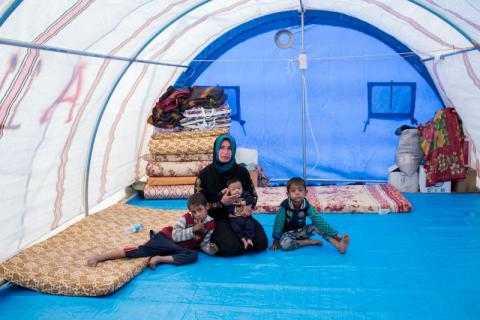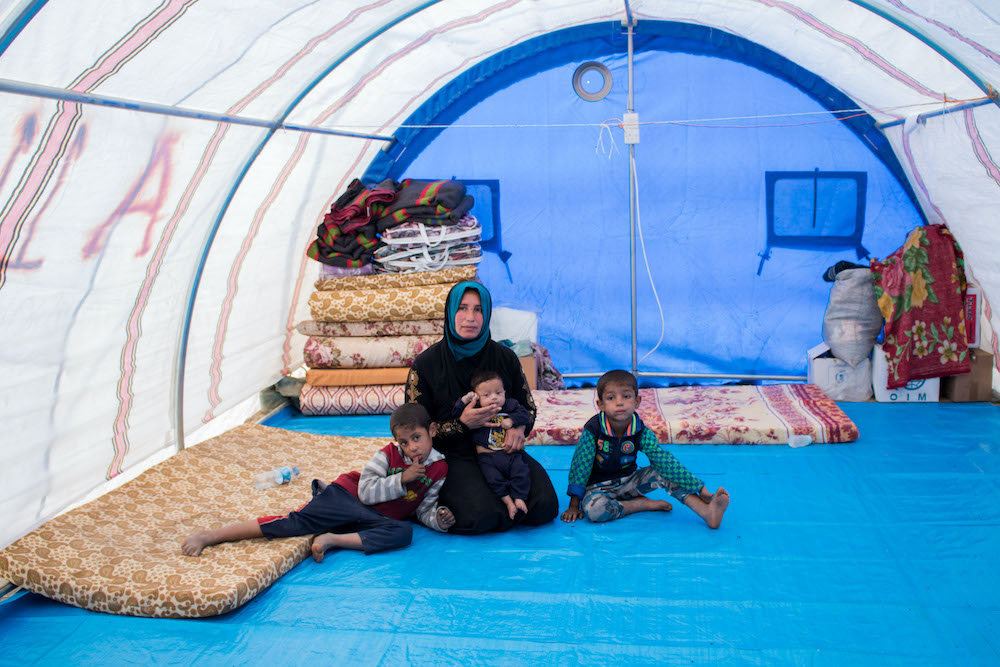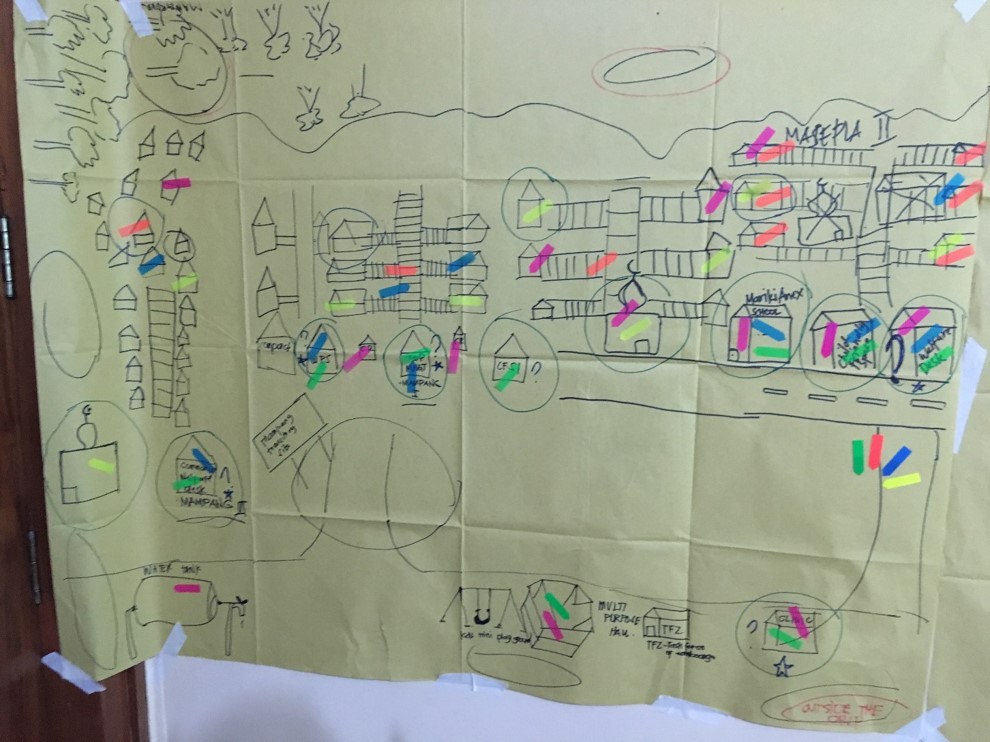The Kurdistan Region of Iraq (KRI) has been deeply affected by both the recent waves of displacement caused by conflicts in Syria and the rest of Iraq, as well as the pervasive financial crisis affecting the public and private sectors across the country’s economy. Of the total internally displaced in the country, 1.5 million are now in the KRI, making up an increase of 30% in the population in only two years, and putting the Kurdistan Regional Government (KRG) under immense strain, especially in its provision of public services. According to a recent report from over 1000 site assessments conducted by IOM Iraq across the country’s camps and camp-like settings, female IDPs face disproportionate restrictions to live their lives in safety, dignity and privacy, compared to males. IDPs are often hosted in substandard shelter arrangements and face extremely challenging living conditions, including multiple risks of GBV. As in other contexts of conflict and displacement, women and girls’ roles and freedom of movement in Iraq are severely restrained in order to protect them from sexual harassment and violence. These restrictions force women and girls to depend on others to access even the most basic services, including latrines and showers. As women and girls are unable to access services, GBV survivors are unable to receive appropriate care. According to the Gender-Based Violence Information Management System (GBVIMS) data reported in the first semester of 2016, 53.67%cof reported cases are survivors of intimate partner violence (IPV) which indicates that domestic violence is a prevalent form of GBV among the displaced population living in KRI. IDP men and boys are also often targeted in arbitrary arrests and detainment, and seen with suspicion by different parties to the conflict. Family separations are common, increasing exposure of risks and exploitation to female-heads of households. Financial insecurity is the most often cited driver for households to resort to child labor and to child marriage for their children.

Iraq
BASELINE REPORT - IRAQ, 2016
Photo gallery of the country




